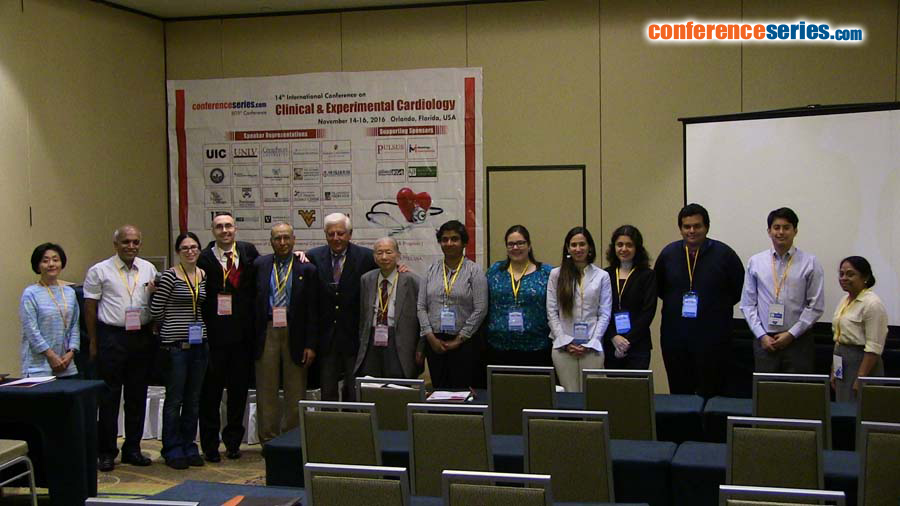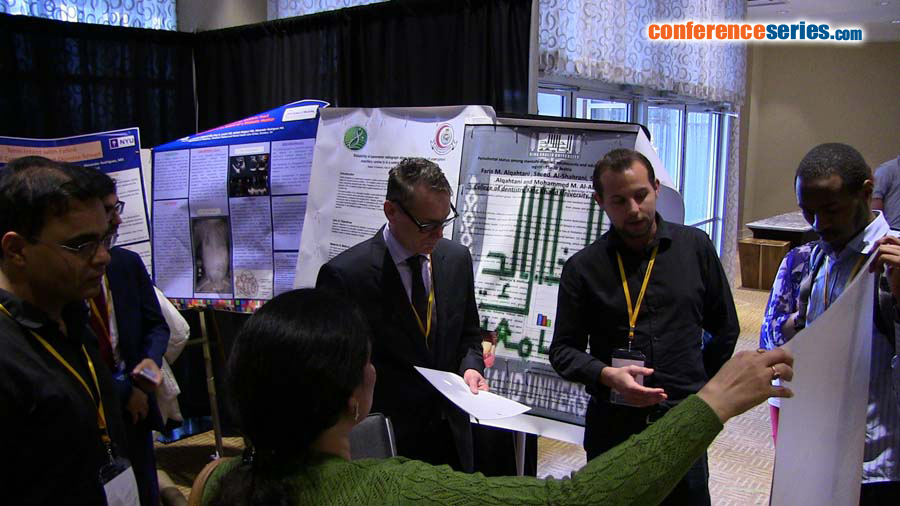
Hideko Kasahara
University of Florida, USA
Title: Familial congenital heart disease- Induced by heterozygous missense mutation in Nkx2-5: Genetic and beyond genetic effects?
Biography
Biography: Hideko Kasahara
Abstract
Introduction: Heterozygous missense mutations in the homeodomain of human NKX2-5 lead to a high penetrance of diverse cardiac anomalies, including Tetralogy of Fallot, along with near complete penetrance of atrioventricular (AV) conduction defects, compared with mutations outside the homeodomain. We recently replicated a disease-causing missense mutation in the homeodomain in a knockin mouse model, Nkx2-5+/R52G, which demonstrate a high incidence of cardiac malformations and AV conduction defects. Although these mutant mice were backcrossed over 8 generations and expected to have almost the same genetic codes, these mice demonstrate pleiotropic cardiac anomalies, suggesting the presence of non-genetic effects.
Hypothesis: Since maternal health conditions are critical for normal embryonic development, we hypothesize that cardiac defects in the mutant mothers affects embryonic cardiac development.
Methods: Heterozygous mutant and wild-type mice were mated in two different groups: (Group 1) female mutant Nkx2-5+/R52G and male normal mice; (Group 2) female normal mice and male mutant Nkx2-5+/R52G mice. The offspring were analyzed postnatal day 7 (P7) by which the mutant mice with severe cardiac anomalies are expected to die.
Results: The genotype of the offspring from Group 2 follows the Mendelian’s law (51% wild-type and 49% mutant, n=115). However the ratio of the genotype from Group 2 was 65% wild-type and 35% mutant (n=89), suggesting that half of the mutant mice died before postnatal day 7.
Conclusion: Our results indicate that when the mothers have heterozygous Nkx2-5 mutation, less number of mutant mice survive until P7, and lead to near 50% of loss of mutant offspring by P7.



